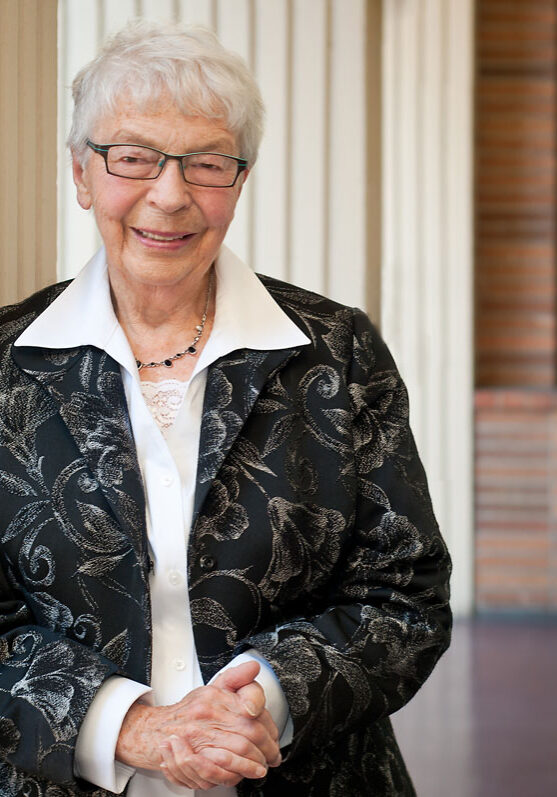In 701 B.C. the Assyrian empire was in its ascendancy. It had already vanquished the kingdom of Israel to the north including the capital at Samaria. It then prepared an assault on Judah and its capital at Jerusalem.
But in one of those significant events that changes the course of world history, Assyria was repelled. Jerusalem was saved until 586 B.C. when the Babylonians sacked the city, forcing its leadership class into exile.
Henry Aubin, in a major feat of scholarship, determines that Jerusalem was aided by a Kushite army from Africa which had marched northeast from the Nile valley. While the Bible attributes the Assyrian retreat to an angel and secular commentators cite pestilence, Aubin, in a meticulously documented work, demonstrates that an alliance with the African nation of Kush bolstered Jerusalem’s defences.
Kush, also known as Nubia, was located in what is now southern Egypt and northern Sudan. A monarchy that existed for more than 1000 years, from 900 B.C. to A.D. 350, Kushites held sway over Egypt from 712 B.C. to about 660 B.C. Of Egypt’s 31 dynasties, this, the 25th Dynasty, is the only one that all scholars agree, was black.
The commander of the Kushite expeditionary force was Taharqa (or as the Bible calls him Tirhakah). This Kushite prince, who had his own interests in halting Assyrian expansion, likely caught the aggressors by surprise as they prepared their siege of Jerusalem.
Aubin offers a thrilling military history and a stirring political analysis of the ancient world. He also sees the event as influential over the centuries.
The Kushite rescue of the Hebrew kingdom of Judah enabled the fragile, war-ravaged state to endure, to nurse itself back to economic and demographic health, and allowed the Hebrew religion, Yahwism, to evolve within the next several centuries into Judaism. Thus emerged the monotheistic trunk supporting Christianity and Islam.

Blanche Howard’s previous works include The Manipulator, which won the Canadian Booksellers’ Award, Penelope’s Way, and A Celibate Season which she co-wrote with Carol Shields and Dreaming in a Digital World.
Her book A Memoir of Friendship: The Letters Between Blanche Howard and Carol Shields (Penguin Canada) was released in 2007 to wide acclaim.
Praise for Blanche Howard:
“Penelope’s Way moves along at quite a clip with its layered stories and curious characters; although it was most satisfying, I found it ended far too soon. So I’ll read it again. Soon.â€
Globe & Mail
“[A] dialogue of grace and generosity…It is also surprisingly gripping, propelled by suspenseâ€
Quill & Quire
“Howard — late bloomer though she may be — is clearly someone to watch.â€
The Vancouver Sun, 2000
Manuscript Available
The Ice Maiden
Connie Brewster has traveled to London from her home in Calgary for the triumph of her career — the receipt of the Man Booker prize for her novel The Ice Maiden. For the gala event, she is accompanied by her handsome husband, Graham, and their two delightful, grown children.
On leaving the historic Guildhall, with the prize money tucked in her purse, the Brewsters are caught in a swarm of protesters. Gunfire rings out, Connie is wounded in the chest and her irrepressible, athletic, 18-year old son, Eliot suffers a severe injury resulting in the loss of his leg.
From that shocking beginning, Blanche Howard layers a tale of physical recovery, the death of illusion, and a reversal of values. Connie’s lengthy stay in a London hospital prompts her to see Graham and their marriage in a new light.
Graham, stranded on foreign shores, deprived of his bed-rock belief in the social value of extracting oil from tar sands, is vulnerable to the charms of an aristocratic, British beauty and noted environmental activist.
Lucille Goodwin, Connie’s literary agent who has piloted her career, and who loves Connie devotedly, is devastated when a rudderless Graham abruptly fires her to take over the job of managing Connie’s affairs.
Blanche Howard also is enormously skilled in portraying Connie as a major writer by weaving in scenes from Connie’s novel The Ice Maiden. She also is wickedly and deliciously entertaining as an observer of society and human nature.
Blanche Howard, author of several novels, short stories, plays and a memoir, died in 2014 at the age of 90.